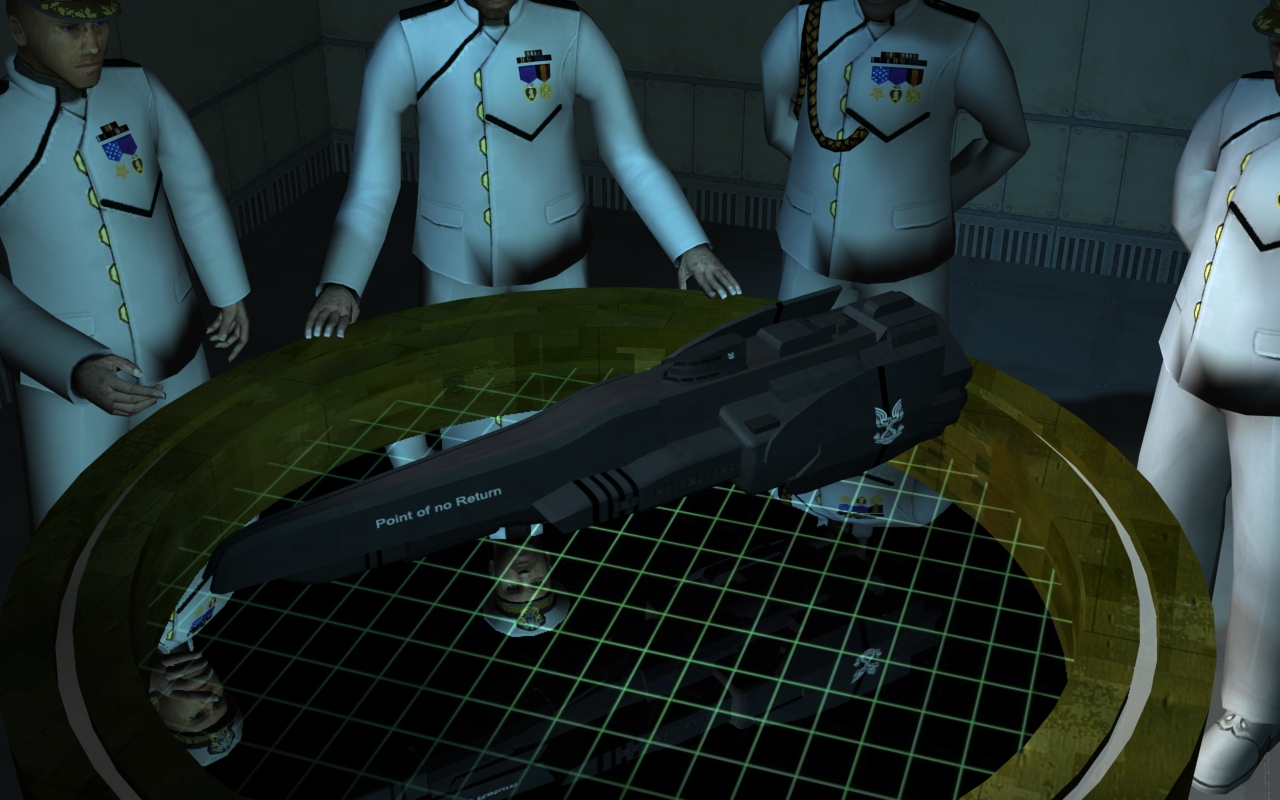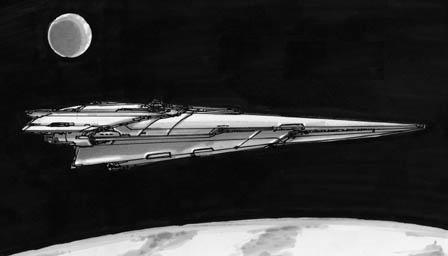

Whilst presumed innocent until found guilty, Bashir should not hide from the law. The ASP and the UNSC are mandated to act in this regard but to date very little action has been taken against states found to be non-compliant. Nations failing to fulfill their obligations as members of the Rome Statute is one problem, but the fact that findings of non-compliance have little or no real consequence is another.

There are several problems with this picture. Djibouti, Uganda, the Democratic Republic of Congo, Kenya, Malawi, and Nigeria have all been referred to ASP and/ or the UNSC for Bashir related issues. Unfortunately, a number of states, some on more than one occasion, have been found non compliant. Should the ICC rule against South Africa, it would not be the first finding of non-compliance. Whether the ICC judges will find this argument convincing remains to be seen. Despite both these rulings, at its hearing at the ICC on 7 April 2017, the South African government justified its actions by stating that there is no international law duty to arrest Bashir and thus no cause to refer South Africa to the ASP or the UNSC. The High Court, and the Supreme Court of Appeal found that failure to arrest Bashir was unlawful. Unfortunately, the government failed to comply with its duties.įailure to arrest Bashir who is wanted for genocide, war crimes and crimes against humanity, was successfully challenged in court by the Southern Africa Litigation Centre. South Africa’s status as a member of the founding treaty of the ICC, the Rome Statute, combined with the fact that South Africa domesticated the Statute provided a basis for his arrest. Bashir’s June 2015 visit triggered South Africa’s domestic and international law duty to arrest him pursuant to an ICC arrest warrant. The Bashir saga marks the point of no return on the road that has brought South Africa before the ICC. The Pre-Trial Chamber of the ICC must ascertain whether South Africa failed to comply with its obligations and if so, is a formal finding of non-compliance and a referral to the Assembly of States Parties (ASP) and/ or the United Nations Security Council (UNSC) warranted. Some would say, an opportunity to justify the unjustifiable.

On 7 April 2017 South Africa was pro vided with a crucial opportunity to explain its actions before the ICC judges. In reality findings of non-compliance have had little impact on other nations in the past, but in South Africa’s case- could the outcome determine whether South Africa withdraws from the Rome Statute? Next week on 6 July, the International Criminal Court will announce its ruling on whether South Africa’s failure to arrest President Bashir constitutes an act of non-compliance.


 0 kommentar(er)
0 kommentar(er)
